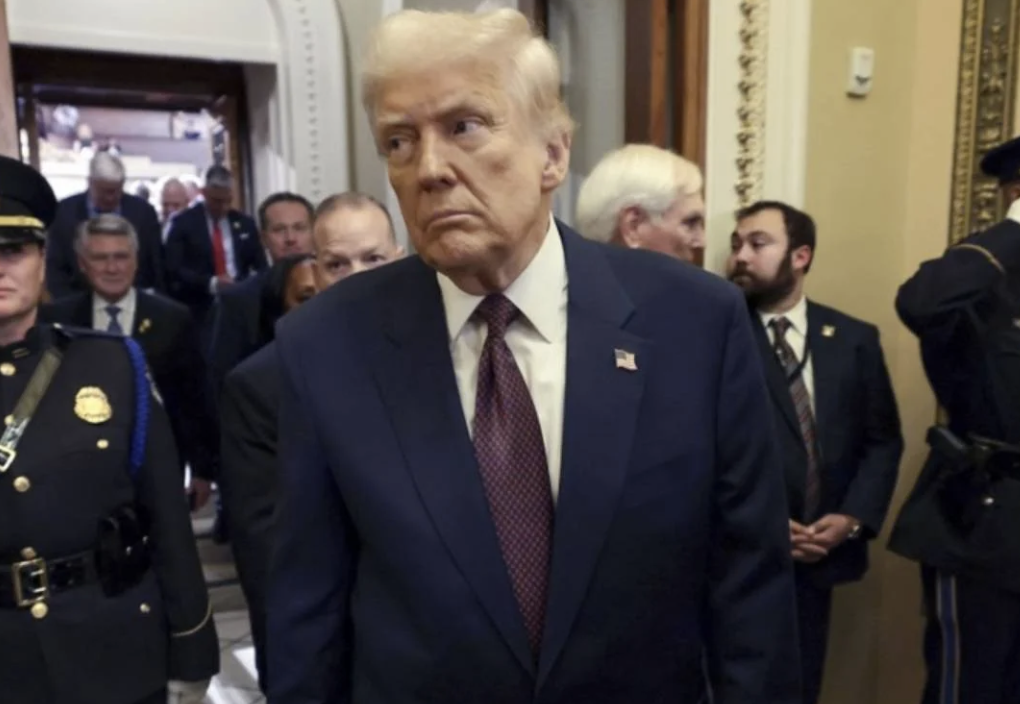Supreme Court Declines to Expand Disability Benefit Reviews for Veterans

In a 7-2 ruling, the U.S. Supreme Court determined that the Veterans Court is not required to reassess all evidence when reviewing disability benefit denials. Instead, it can only overturn decisions if a clear mistake is found.
The ruling came after two veterans, Norman Thornton and Joshua Bufkin, challenged the current standard. Thornton, a Gulf War veteran, argued that his PTSD disability rating should be higher. In Bufkin’s case, medical experts disagreed on whether he qualified for PTSD benefits, leading to his claim being denied, MSN reported.
Their attorneys argued that the case could significantly impact many veterans. Justice Ketanji Brown Jackson, who dissented along with Neil Gorsuch, stated that the ruling ensures the Veterans Court will continue to "give in to the VA" despite congressional efforts to protect veterans.
Debate Over Veteran Disability Claims
Veteran advocacy groups backed the challenge, emphasizing that veterans have historically been granted leniency in disability claims. Congress reinforced this principle when it established the Veterans Court in 1988 and reaffirmed it in 2002.
However, critics contended that the court has been overly deferential to the Department of Veterans Affairs (VA). The federal government maintained that the Veterans Court’s role is strictly to review for clear mistakes, not to reassess evidence.
In Bufkin’s case, the court sided with the VA, ruling that one doctor’s evaluation carried more weight.
Bufkin said he suffered trauma after his wife allegedly threatened suicide if he did not leave the military, and military officials reportedly pressured him to either resign or divorce her.
In Thornton’s case, the VA ruled against increasing his disability rating, stating that the evidence did not support his claim. The federal government argued that the decision was clear-cut due to substantial evidence against him.
The U.S. Court of Appeals for the Federal Circuit upheld both decisions, siding with the government.
Supreme Court Also Weighs in on Foreign Aid Dispute
This ruling marks the Supreme Court’s second major decision of the week.
In a separate 5-4 ruling, the Court rejected a Trump administration request to freeze billions of dollars in foreign aid that had already been approved by Congress.
The unsigned order did not specify when the funds must be released, allowing the White House to continue contesting the issue in lower courts.
The four dissenting justices—Samuel Alito, Clarence Thomas, Neil Gorsuch, and Brett Kavanaugh—opposed the decision. The majority included Amy Coney Barrett, Elena Kagan, Sonia Sotomayor, Ketanji Brown Jackson, and Chief Justice John Roberts.
The ruling noted that since the money had already been allocated by the court’s deadline last week, lower courts should “clarify what obligations the government must fulfill to ensure compliance with the temporary restraining order.”
Alito issued a strongly worded dissent, expressing his “stunned” reaction to the ruling. He criticized the lower court’s authority in unfreezing the foreign aid.
“A federal court has many tools to address a party’s supposed nonfeasance. Self-aggrandizement of its jurisdiction is not one of them,” Alito wrote.
Legal Experts Weigh in on the Ruling
Despite the division, CNN Supreme Court analyst and Georgetown Law professor Steve Vladeck described the ruling as “extremely modest.”
“The unsigned order does not actually require the Trump administration to immediately make up to $2 billion in foreign aid payments; it merely clears the way for the district court to compel those payments, presumably if it is more specific about the contracts that have to be honored,” Vladeck explained.
He also noted that the sharp dissent from four justices suggests that the Court will likely remain divided in future Trump-related cases.
The case reached the Supreme Court on an unusually fast timeline, reflecting the high stakes. It is the second time the justices have considered Trump’s executive power efforts since his return to office.
At the core of the dispute is Trump’s decision in January to freeze billions in foreign aid from the State Department and the U.S. Agency for International Development (USAID). His administration cited budget cuts and a push to align those agencies with his broader policy objectives.